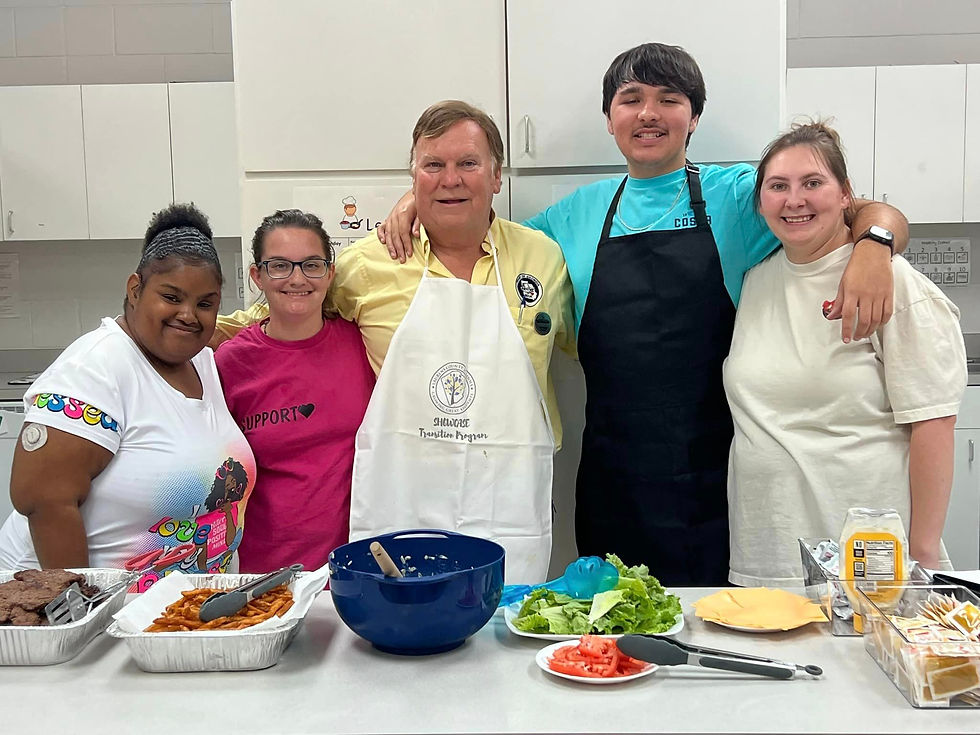- Amanda Amerson

- Nov 19, 2024
- 2 min read
Each student and each family is important. November 21, 2024, has been declared as Family Engagement Day in Georgia by Governor Brian Kemp.
Studies show that when families are involved in schools, it leads to positive impacts on students, such as enhanced academic performance, reduced disciplinary problems, better relationships between parents and teachers, and a more favorable school atmosphere (Henderson & Mapp, 2002).
Teachers have numerous methods to connect with the families of their students. Employing positive communication is a key approach to establish strong school-family relationships. When a student demonstrates exceptional behavior or puts in extra effort on assignments, it is beneficial to inform their parents through a phone call or by sending a positive message home. Another effective engagement tactic is to communicate through regular newsletters, whether weekly or monthly, to keep families informed about classroom events and chances for volunteering.

The Individuals with Disabilities Education Act guarantees that families of students with disabilities can engage meaningfully in the educational journey. Educators who establish positive connections with parents of children with disabilities are paving the way for their students' success. Viewing parents as genuine collaborators meets the legal requirements and embodies the law's essence.
Teachers play a crucial role in fostering a supportive atmosphere that encourages parents to actively engage in the educational journey. Anne T. Henderson and others, featured in the IRIS Center's Perspectives & Resources module on Building Positive Relationships, offer insights and strategies emphasizing the significance of teachers and schools in establishing a friendly setting, appreciating students' strengths, nurturing trust, and respecting parents as primary decision-makers. Through various categories in the building positive relationships module, the IRIS Center equips educators with resources and guidance to effectively involve families in enhancing outcomes for students with disabilities. Explore the links below for more information on promoting family engagement.
Resources

